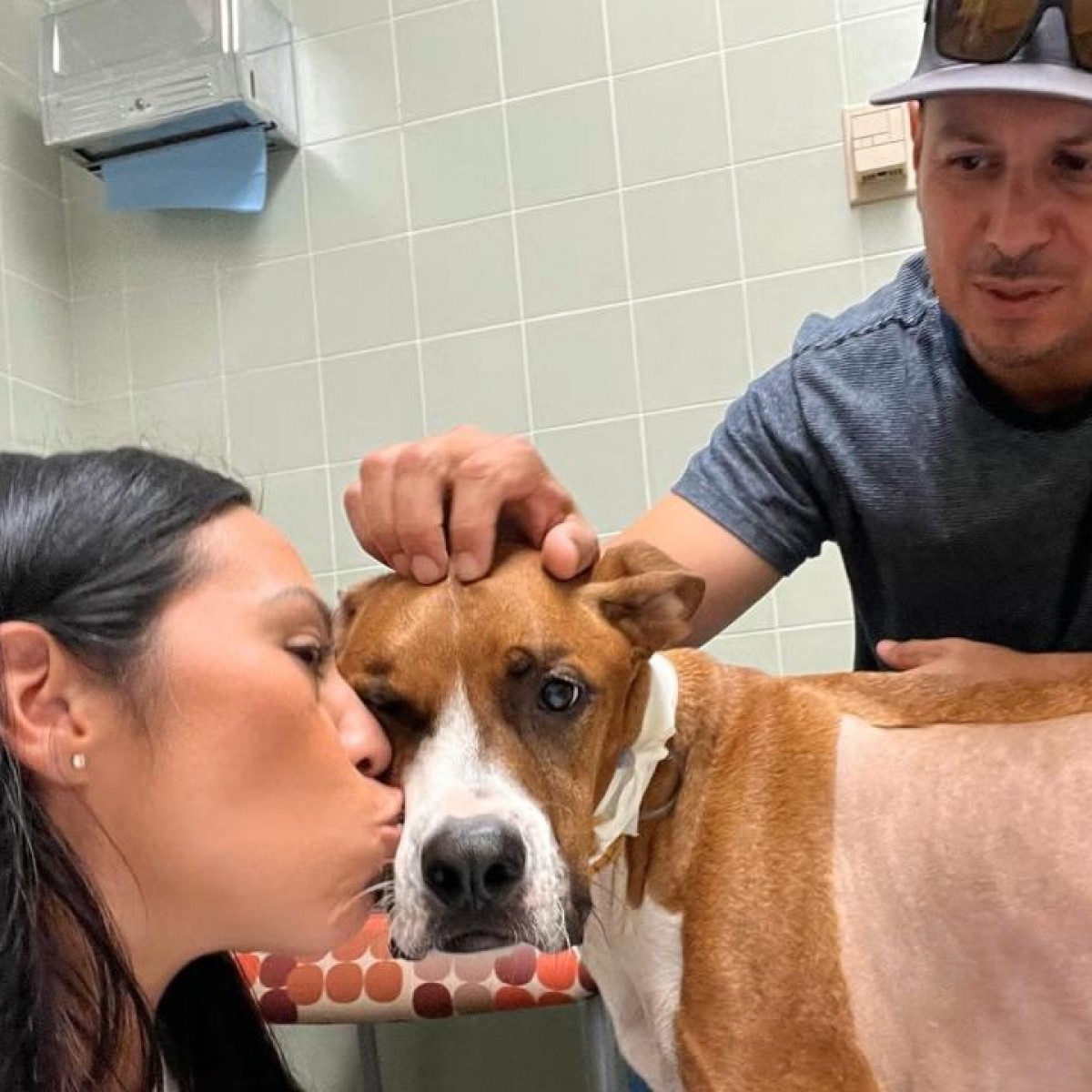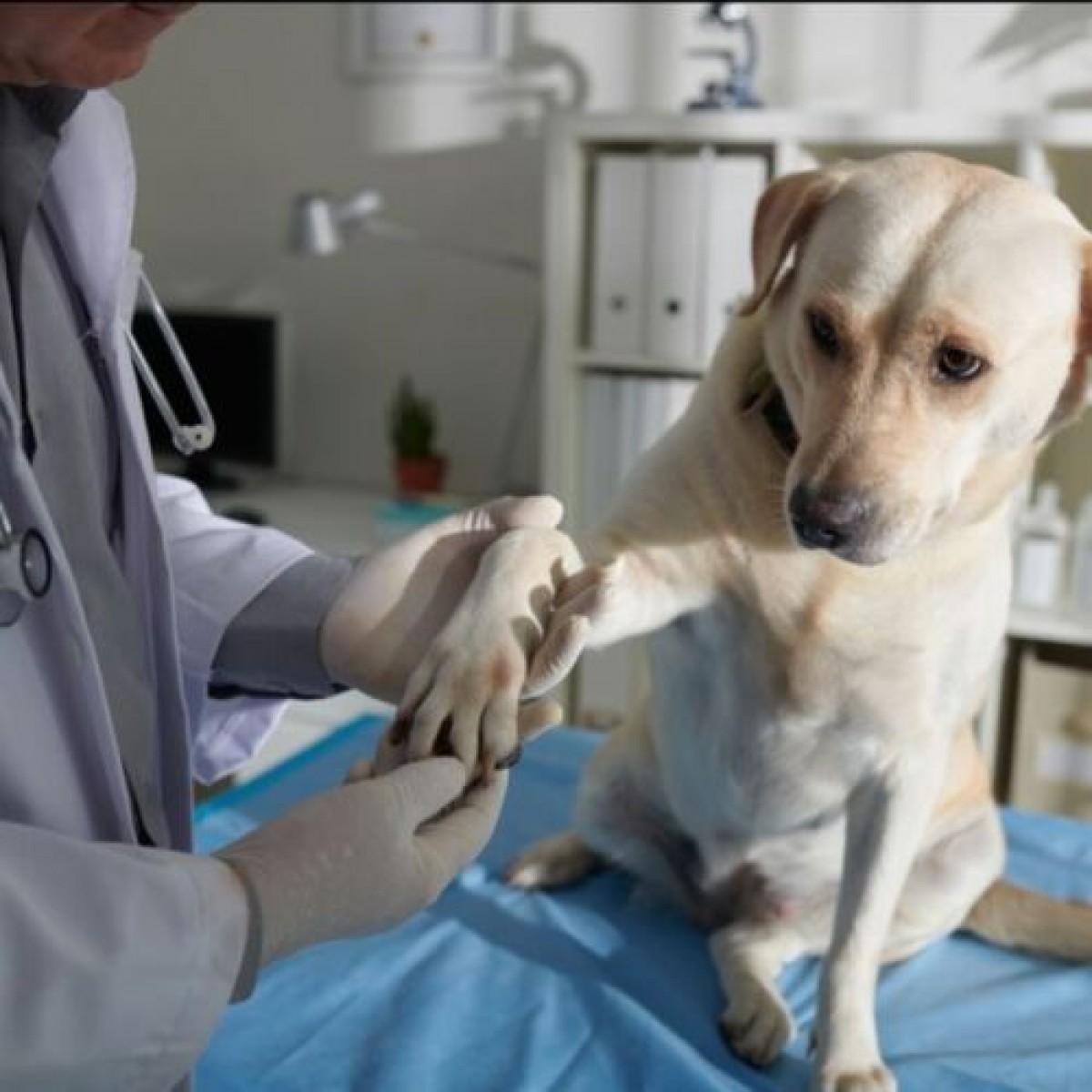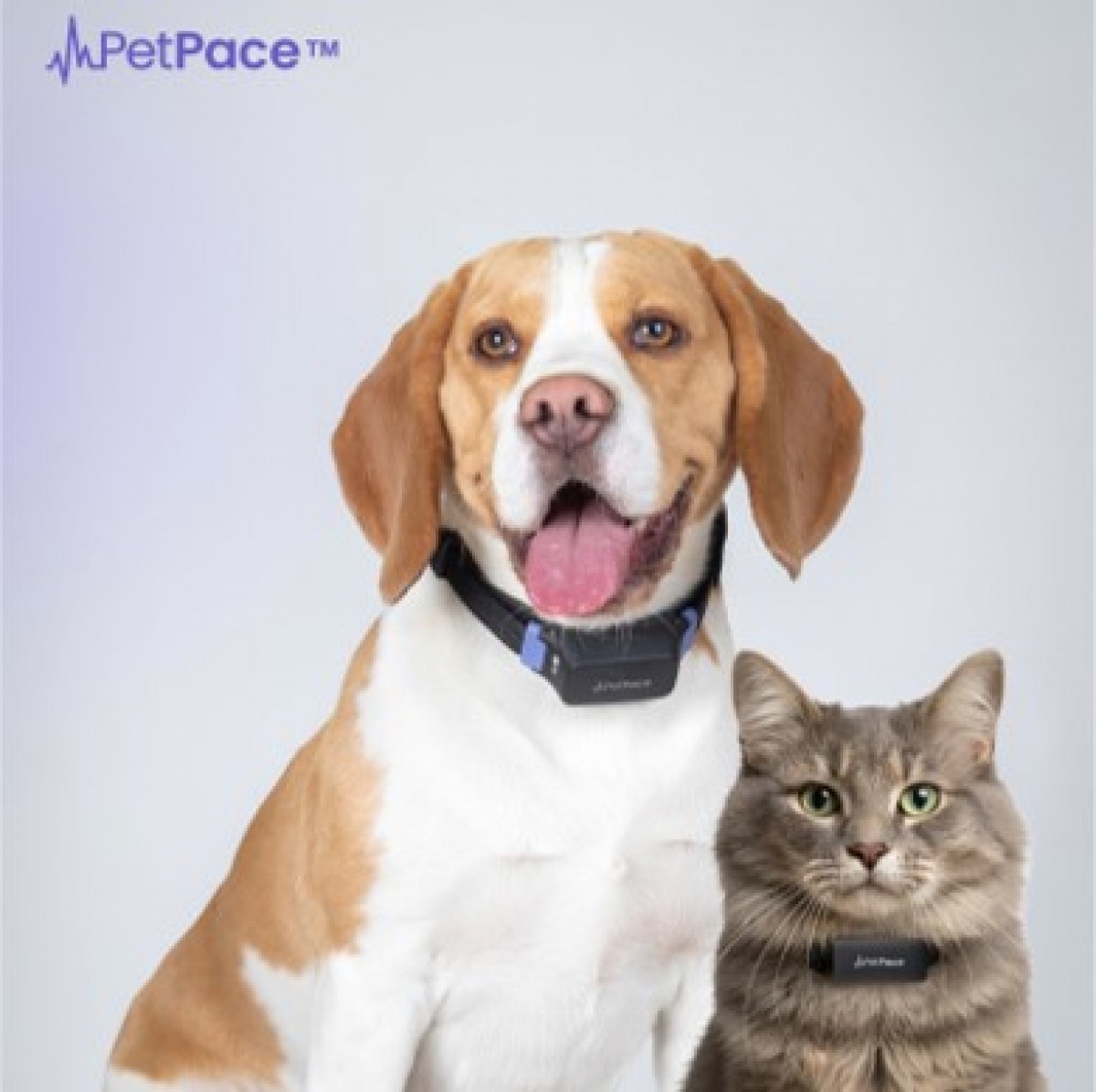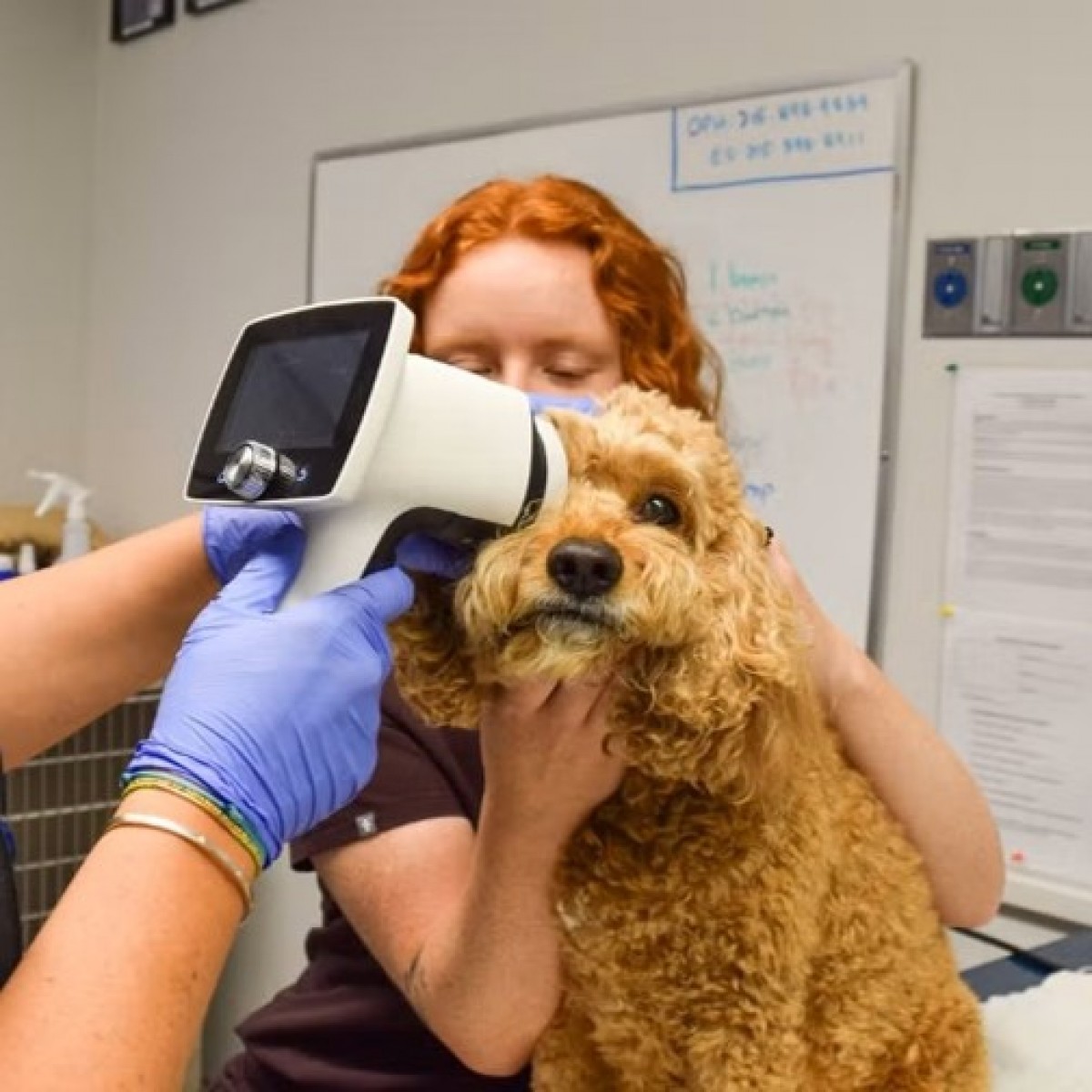CBS News: Valley fever is on the rise, and climate change may help the fungus spread
More than 500,000 Americans could be sickened each year by Valley fever, according to preliminary estimates developed by the Centers for Disease Control and Prevention.
Valley fever affects companion animals including dogs and cats as well as horses, cattle, llamas, ferrets and other small animals. Companies including Anivive are currently working on a Valley fever vaccine, with hopes of it becoming available for animals soon.
These figures were reported by CBS News on Aug. 4, following a CDC presentation to the National Academies of Sciences, Engineering, and Medicine. Researchers suggest the toll inflicted on Americans by the fungus could be more than triple the size of widely cited previous estimates.
"There's just not a ton of awareness or knowledge about the disease," Samantha Williams, an epidemiologist with the CDC's Mycotic Diseases Branch, told CBS News. "We do see a lot of travel associated cases; we've seen reports of cases popping up in places where we wouldn't have typically expected Valley fever to be endemic."
Williams is part of the team that has been refining these forthcoming estimates of cases of Valley fever, which scientists call Coccidioidomycosis. It is one of a range of new projects aimed at ramping up the agency's response to the illness, which primarily occurs in the Southwest, from California to central Texas.
View presentations online from the recent meeting.
Learn more about this fungal disease on the CDC site and read the latest on Anivive's research and work on their website.














List
Add
Please enter a comment